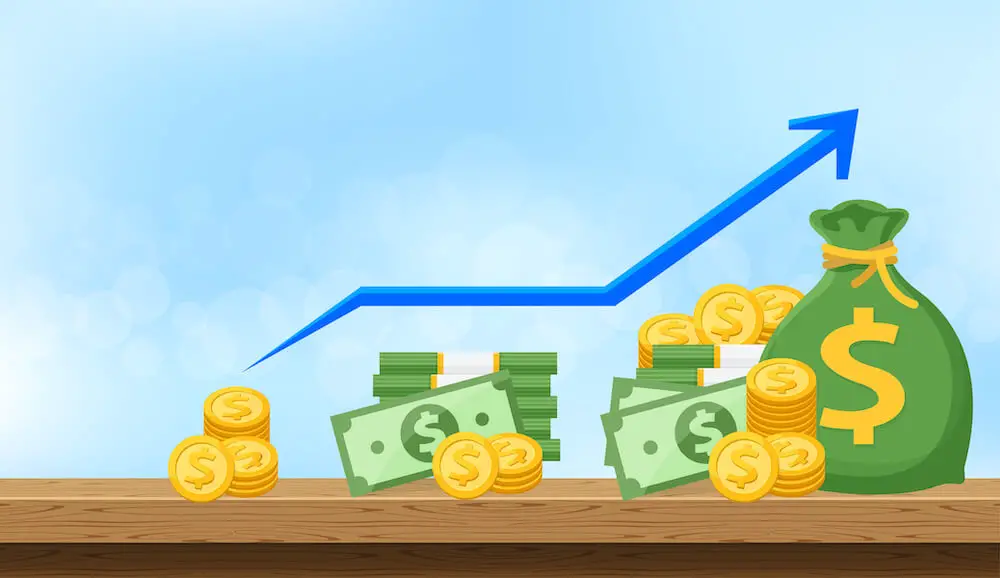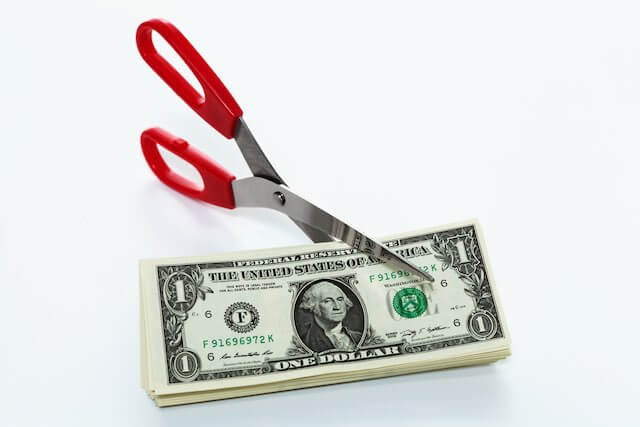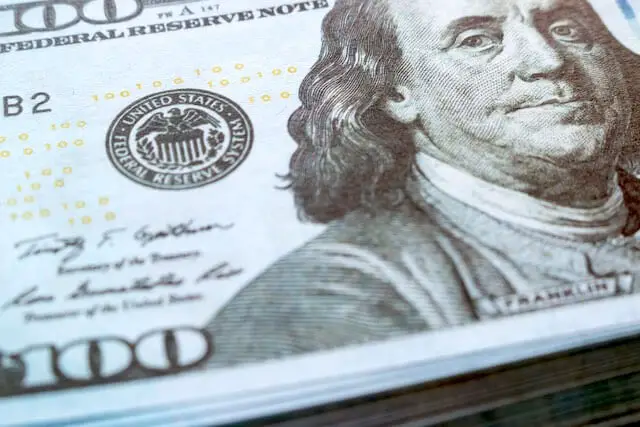Are federal employees getting a raise in 2023? It is certainly starting to look that way.
2023 Federal Employee Pay Raise Proposal From the White House?
In 2022, current federal employees received an average increase, including locality pay, of 2.7%. As usual, there are areas that received a higher pay raise. The Seattle-Tacoma area received the highest raise for 2022 with an increase of 3.21%. With a pay raise in 2022 of 3.02%, Washington, DC, and New York City locality pay areas were tied for 7th place in the 2022 list of locality play winners.
Now that the 2022 pay raise is over and has been implemented, many federal employees are wondering what will the 2023 pay raise be. That makes sense as purchasing power for the federal workforce is declining.
In 2022, federal retirees received a COLA of 5.9%—the highest in 40 years due to inflation. The lower 2.7% federal pay raise was not popular among many in the federal workforce. Federal employees filing a retirement application may be heading for a longer processing time for their retirement application to be processed in the coming months.
According to Federal News Network, the White House intends to propose a pay raise of 4.6% for 2023. Federal employees will probably have to wait until the actual federal budget proposal is released which will be sometime in March.
One bill has been introduced in Congress to provide federal employees with a raise of 5.1% in 2023. A bill like this one has been introduced in the past by Gerry Connolly (D-VA). He has introduced similar bills in past years to no effect.
Inflation and a 2023 Federal Employee Pay Raise
The 2023 pay raise debate may be different. The underlying factor is inflation.
Inflation is raging. According to the Wall Street Journal in an analysis of the January 2022 Jobs Report:
The number worth pondering is the increase of 0.7% in average hourly earnings in the month. That’s a barn-burner number—9.2% at an annual rate. Hourly wages are up 5.7% over the last 12 months, and they are rising fast.
The annual inflation rate for 2021 was 7%, and if one uses the CPI-W inflation indicator (the measurement used in calculating the annual COLA increase), inflation in 2021 was 7.8%. With an average federal pay raise of 2.7% that became effective in January 2022, and with inflation continuing to soar in 2023, an annual pay raise for January 2023 of 4.6% is certainly possible—it may even be too low—but would still reflect a loss in purchasing power.
According to the Bureau of Labor Statistics, wages and salaries increased 5% in 2021 for the period ending in December. As noted by the Wall Street Journal quote above, wages are still going up and the rate of the increase is now going higher.
Largest Federal Employee Pay Raise in 20 Years
Some news reports have been comparing the Biden administration to the Carter administration (January 1977 – January 1981). Politically, that is not good for President Biden as President Carter was a one-term president and the Carter administration is largely remembered for high inflation and the Iranian hostage crisis.
While it is too early to know what the federal employee pay raise will be in 2023, if the 4.6% figures should become accurate (or the actual raise could turn out to be higher if the Federal Reserve is unable to bring down the rising inflation rate), there will be one more point of comparison between the two administrations.
A pay raise of 4.6% for federal employees would be the highest since 2002 when there was a 4.6% raise.
As inflation had been going higher during the Carter administration, the raise in 1981 was 4.8%. Of course, in 1980, the pay raise was 9.1%. Inflation in those two years was above 10% in both years. There is no way of knowing if we will get back to 10% inflation again, or what the 2023 pay raise will be when the political process is completed, but it is now within the realm of possible discussion that continuing high inflation would have an impact on whatever the raise turns out to be in 2023.
How the 2023 Federal Pay Raise Debate Will Progress
A number of factors will impact Congressional and presidential consideration of a federal employee pay raise in 2023. Inflation in consumer prices will be a factor and, since any federal employee raise is based in large part on salary comparison with the private sector, wage inflation will be a big factor.
Of course, since political institutions are involved, and this is a national election year, politics will play a big role. In many years, Congress is content to have the president decide the annual pay raise amount. That may mean less political fall-out in Congressional districts where there are large numbers of federal employees and this scenario can even be beneficial in districts where federal employee raises are thought to be excessive. In both instances, “it wasn’t our fault; the guy in the White House made the decision.”
The election may be an underlying factor in how the pay raise debate unfolds this year. The ability of Congress to finally pass a budget (or fails to pass a budget) for the current fiscal year will also be a factor. And, with America now sending troops into Europe for what could turn out to be a combat zone if Russia invades Ukraine, there will be significant pressure for a pay raise for military personnel. While that does not always lead to a higher raise for civilian employees, it is a factor the unions like to embrace when it is to their advantage to do so.
And, as always, unknown events are likely to crop up. COVID could have a resurgence or other political or military events could occur in the coming months that will impact this particular topic.





